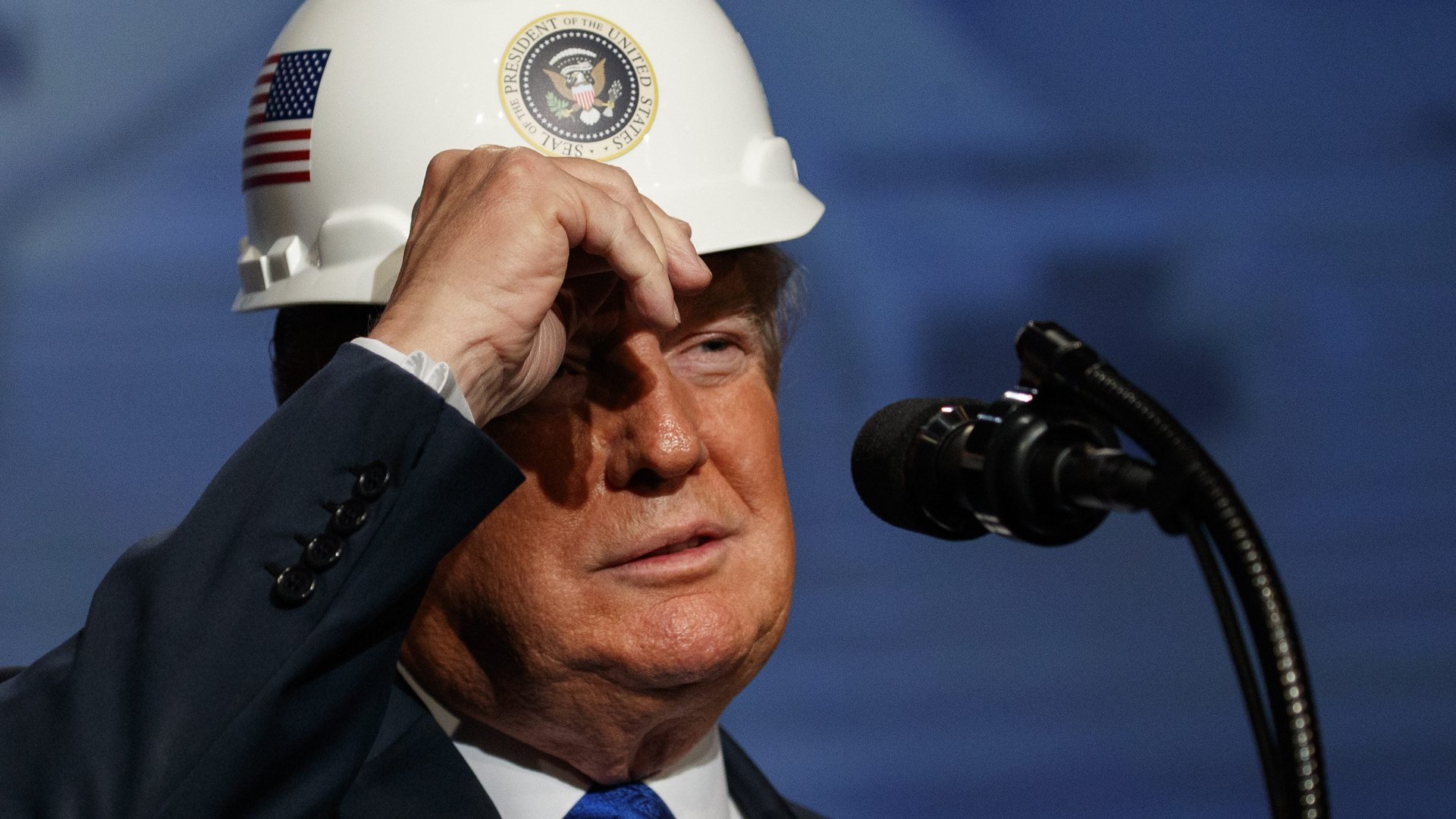The problem with making “white” synonymous with “America’s working class”
Since the election of Donald Trump, America’s media and political leaders have obsessed over the fears and fates of the white working-class. Being working-class and white has become so synonymous in the public imagination that we often only imagine those who work in our country to be toiling in the coal mines of Virginia, assembling in the manufacturing plants of Wisconsin, or building in the factories of Ohio.


Since the election of Donald Trump, America’s media and political leaders have obsessed over the fears and fates of the white working-class. Being working-class and white has become so synonymous in the public imagination that we often only imagine those who work in our country to be toiling in the coal mines of Virginia, assembling in the manufacturing plants of Wisconsin, or building in the factories of Ohio.
The caricature is a blue-jeans wearing, Harley Davidson riding, white man who has a job his dad and granddad once had. This “working man,” as he’s often portrayed in the media coverage he gets, feels left behind, misunderstood, and angry because he can’t go anywhere without hearing a language other than English and can’t turn on the TV without Black and Latinx faces overwhelming his options. On this Labor Day, a year before the most important election of my lifetime, we need to understand the consequences of tethering these identities.
Working-class vs. low-wage worker
When our media paints the working-class as different from the low-wage worker, we fail to see the ways in which both have been failed by political and business leaders. These leaders have made choices like not raising the federal minimum wage in 10 years, and hamstringing the right to organize by passing right-to-work laws.
When we imagine fast food, home care, and agricultural workers as distinct from those workers in factories or mines, we miss the opportunity to create true worker solidarity.
The current framing arguably does allow for calls of allyship across two distinct groups—the white working-class in industrial sectors and the rest of the working class. But what we really need is solidarity among the majority of working people in our country. People who work and still don’t have $1,000 for an unexpected expense need to be in solidarity. People who work and can’t afford to live where they work, or who enter their 60s and 70s with hopes of retiring, only to find that it is a nearly impossible feat, need solidarity, too.
Away from the spotlight on sectors typically associated with the white working-class, there is a brutal system of low wages and appalling working conditions, where the workers are rendered invisible while their employers financially benefit. These companies are capitalizing on a belief that not all workers are entitled to the same dignity—with the distinction usually falling along racial or ethnic lines.
When certain labor, and laborers, are considered less-than
Black, Latinx, and immigrant people pay a collateral consequence when their labor is understood as less valuable or less productive than that of their white counterparts. When they fight for fair pay and decent working conditions, they risk the backlash of police action or employer cruelty. The most recent example includes the targeting and deportation of 680 poultry workers in Mississippi.
These raids were significant because of the size, but also because of the scope. Many of the targets worked for Koch Foods, the $3 billion food processing and distribution corporation. One year earlier, these workers won a settlement after the US Equal Employment Opportunity Commission charged the company with sexual harassment, discrimination, and retaliation against Latinx workers at a chicken-processing plant in Morton, Mississippi. The same week of the raids, a damning report was published detailing how the same Koch Foods was discriminating against black farmers and ruining their livelihoods in service of gaining a larger foothold in the poultry market.
When corporations are unchecked and unaccountable to anyone, workers of color and immigrant workers often suffer most. When the media talks about the white working-class without scrutiny or context, we as a society are left to believe that the only workers who matter are white, that the only workers who suffer at the hands of failed economic policy or labor conditions are white, and that the only workers whose representation and influence is lacking in our political systems are white.
This is the deal the media has made in tethering the identities of white people and the working-class. Not only is it an incomplete story of the working people of our country, but it also makes solidarity in these times impossible. This Labor Day, for our collective sake, please make a different choice.
Carmen Rojas, PhD, is co-founder and CEO of The Workers Lab, an innovation lab that invests in entrepreneurs, community organizers, and government leaders to create replicable and revenue-generating solutions that improve conditions for low-wage workers.